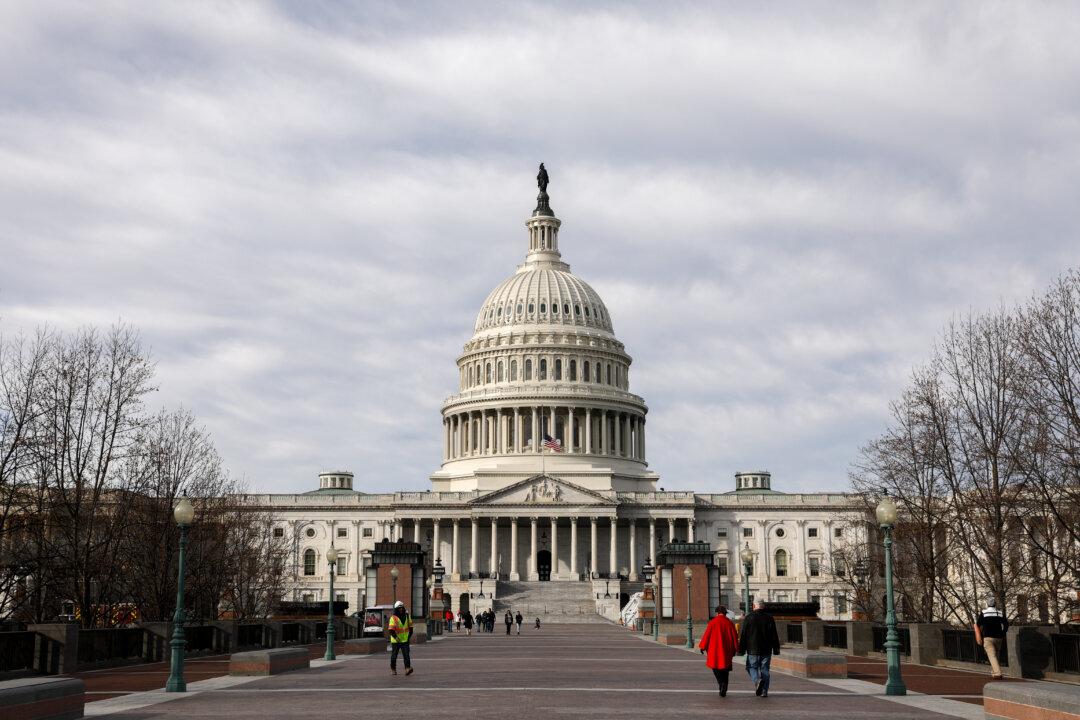Senate Majority Leader Mitch McConnell (R-Ky.) failed in his first significant legislative test of 2019, on Jan. 8, coming up three votes short of the 60 needed to take up debate on Middle East policy proposals instead of Democratic bills to end the government shutdown.
McConnell wanted the Senate to move to regular business by considering S.1, the “Strengthening American Security in the Middle East Act,” which includes a bipartisan provision protecting local and state governments that refuse to contract with firms or organizations supporting the Boycott, Divest From, Sanction (BDS) Movement against Israel.





